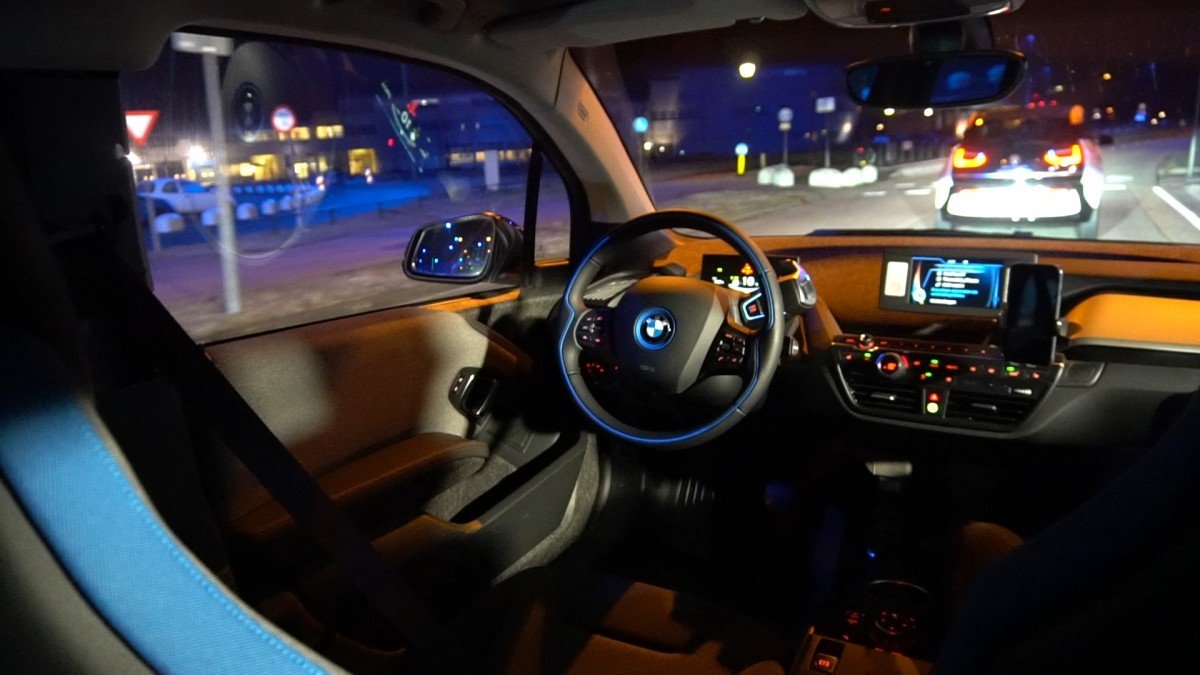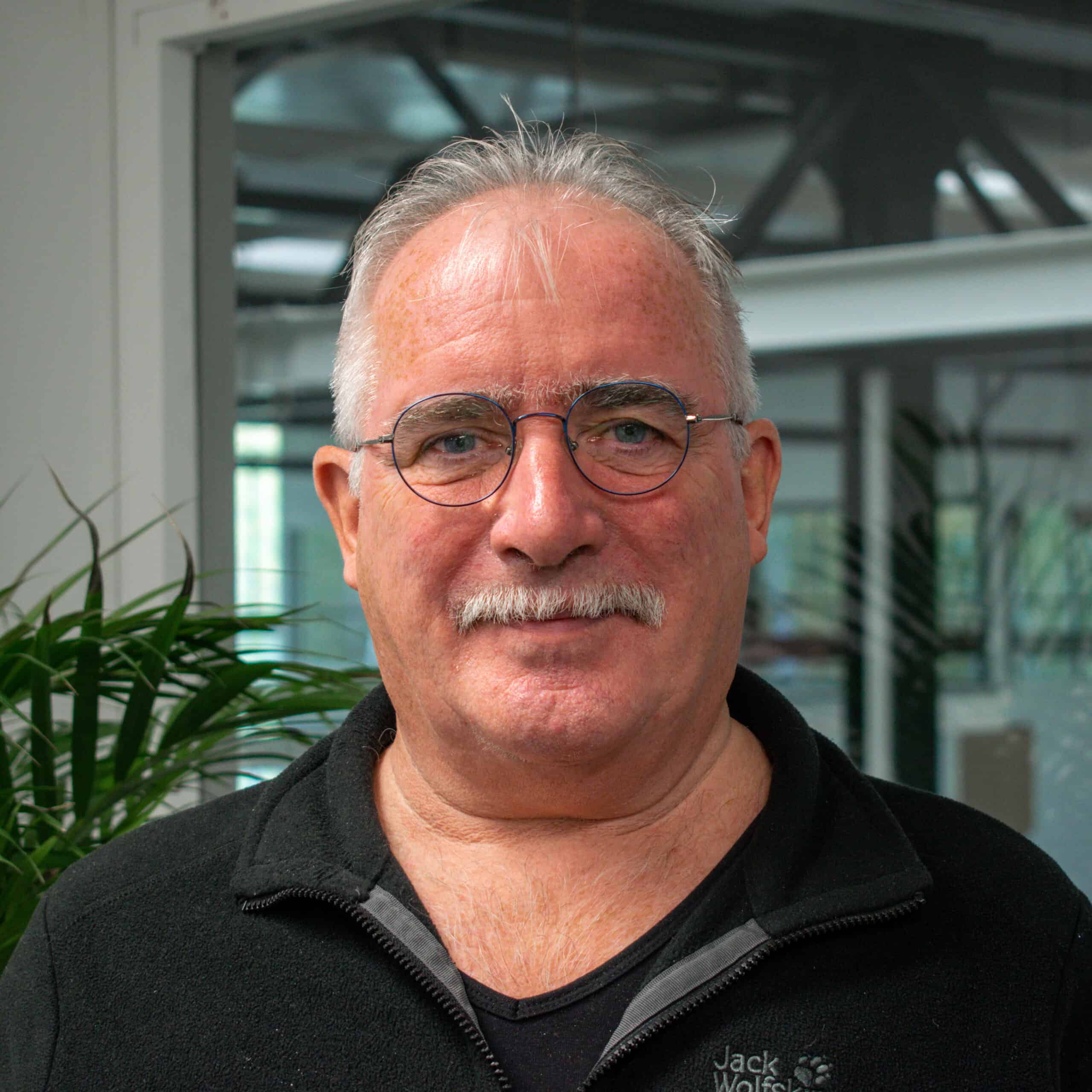
In tomorrow’s world, the Internet of Things (IoT) will be firmly established. But in order to continuously provide all these self-thinking devices and autonomous driving cars with the information that they need, a high-speed communication network is essential. Now researchers all over the world are already experimenting with systems that communicate via the brand new 5G network. However, the future of super communication is 6G. In Germany, a number of universities and technical institutes will be starting so-called 6G laboratories by the summer. By doing this, the Federal Republic wants to avoid an over-dependence on foreign companies when it comes to digital technologies. The country is investing a total of 250 million euros in the project.
The focus of 6G is on people and their communications and interactions with machines and virtual worlds. The project in Germany is aimed at developing key technologies. The scientific institutions also want to cooperate with technology companies and network operators in the development of the global standardisation of 6G.
Ethical issues
The introduction of 5G has led to discussions and protests across Europe. Therefore, the 6G research centre in North Rhine-Westphalia also involves the faculties of humanities and social sciences in its research. These institutes are examining how ethical issues and problems associated with the introduction of 6G can be appropriately addressed.
The requirements for 6G pose technical challenges that can only be overcome by new theoretical approaches. This is why fundamental research, for example in information theory, is an important part of the project.
In Southern Germany, the Technical Universities of Munich and Dresden are consequently focusing on four main topics:
- Latency. How can communication be made even faster?
- Resilience How can the level of ‘resilience’ be maximised?
- Security How can privacy be safeguarded and cyber attacks be deterred?
- Sustainability How can the high energy demand of digital communication be reduced?
Added value
Moreover, the scientists want to demonstrate the added value of future 6G systems for society and industry. To this end, engineers are building seven test sites with 6G systems in North Rhine-Westphalia. These include a digital operating theatre at the University of Düsseldorf and a Smart Hospital at the University Hospital Essen. In Duisburg, Europe’s largest inland port, a new system for port logistics will be built. In Aldenhoven, where traffic control with 5G is currently being tested, a 6G connection is now also being set up. Apart from all that, the logistics research centers of the Fraunhofer Institute in Dortmund and Aachen will be equipped with 6G. The German Rescue Robotics Center will also have access to the high-speed communication network.
The scientific institutions are striving “for a holistic approach, from production and logistics to people with their own needs for self-determination, privacy and security in times of climate change.”
In North Rhine-Westphalia, RWTH University Aachen, Ruhr University Bochum (RUB), Technical University Dortmund and University of Duisburg-Essen, are working together with the Fraunhofer Institute for Material Flow and Logistics, the Fraunhofer Institute for Microelectronic Circuits and Systems, the Fraunhofer Institute for High Frequency Physics and Radar Technology, and the Max Planck Institute for Security and Privacy.
In Southern Germany, the Technical University of Munich (TUM) and the Technological University of Dresden (TUD) are also working together on the project.
Title photo: Autonomously moving traffic calls for super fast communication between systems. 6G should be able to provide that.
Also read the articles in our ‘Wireless Communications‘ dossier.








